Preparing for Peak Oil effects
seraphima
19 years ago
Related Stories
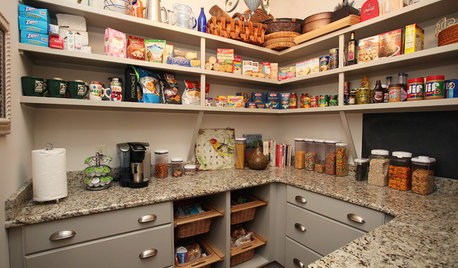
LIFEHow to Prepare for and Live With a Power Outage
When electricity loss puts food, water and heat in jeopardy, don't be in the dark about how to stay as safe and comfortable as possible
Full Story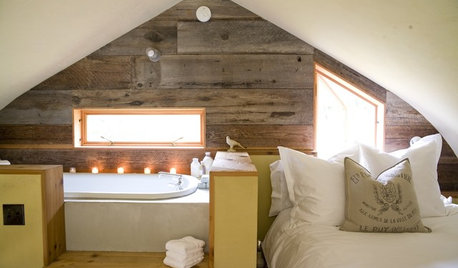
LIFE12 Effective Strategies to Help You Sleep
End the nightmare of tossing and turning at bedtime with these tips for letting go and drifting off
Full Story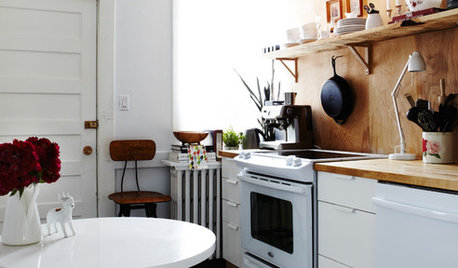
HOUZZ TOURSHouzz Tour: Clean, Chic and Cost-Effective
Canadian designer Jennifer Hannotte designs her Edwardian home in a modern style that can grow with her family
Full Story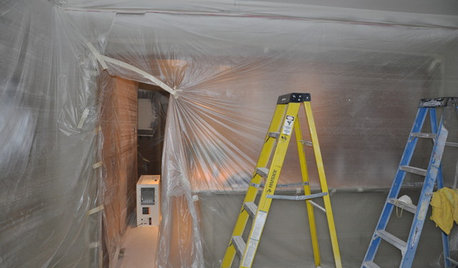
MOST POPULAR11 Things to Expect With Your Remodel
Prepare yourself. Knowing what lies ahead during renovations can save your nerves and smooth the process
Full Story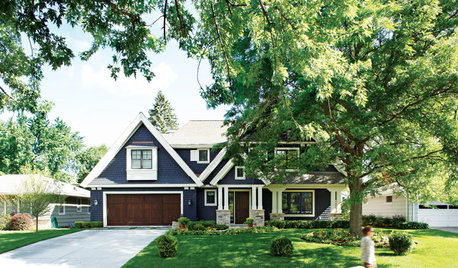
HOUSEKEEPINGTo-Dos: Your May Home Checklist
Dig out that touch-up paint and rotate that mattress in preparation for the lazy days of summer
Full Story
HOUSEKEEPING12 Cleaning Projects That Go a Little Deeper — Naturally
Eucalyptus oil for germy door handles. Baking soda for oven grime. Here are nontoxic solutions for often-overlooked cleaning jobs
Full Story
GARDENING AND LANDSCAPINGWhat to Know Before You Buy Teak Outdoor Furniture
Learn about finishes, weathering, care and that age-old oil debate to get the teak furnishings that suit you best
Full Story
HOLIDAYSDIY: Shiny Gold Accents to Make Your Hanukkah Table Glow
Wrap glass vessels with metallic yarn and fill them with oil and wicks for a festive and bright holiday look
Full Story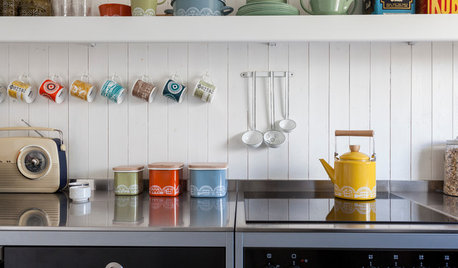
LIFEHow Do You Make Your Tea and Coffee in the Morning?
A morning cup is a must for many, and preparation comes in many guises. We look at coffee and tea habits across the Houzz community
Full Story
LIFE10 Best Ways to Get Organized for a Big Move
Make your next move smooth, short and sweet with these tips for preparing, organizing and packing
Full Story





JBBham
EdenWest
Related Professionals
Brookside Landscape Contractors · Fairview Landscape Contractors · Kailua Landscape Contractors · Lemoore Landscape Contractors · Lewisville Landscape Contractors · Point Pleasant Landscape Contractors · Tinton Falls Landscape Contractors · Waterford Landscape Contractors · Wilsonville Landscape Contractors · Four Corners Landscape Contractors · Quartz Hill Landscape Contractors · Annapolis Siding & Exteriors · Bronx Siding & Exteriors · Fort Lee Solar Energy Systems · Pacific Grove Solar Energy SystemsJBBham
Belgianpup
Belgianpup
TheTick
seraphimaOriginal Author
kjggames
Paige_MA
hedwig
stoneunhenged
joel_bc
atash
joel_bc
seraphimaOriginal Author
atash
joel_bc
seraphimaOriginal Author
rosefolly
seraphimaOriginal Author
bev_w
alabamanicole
survivalgardening
abeltran39_aol_com
jolj
jolj
gjcore
jolj
gjcore
jolj
gjcore
gardenjack